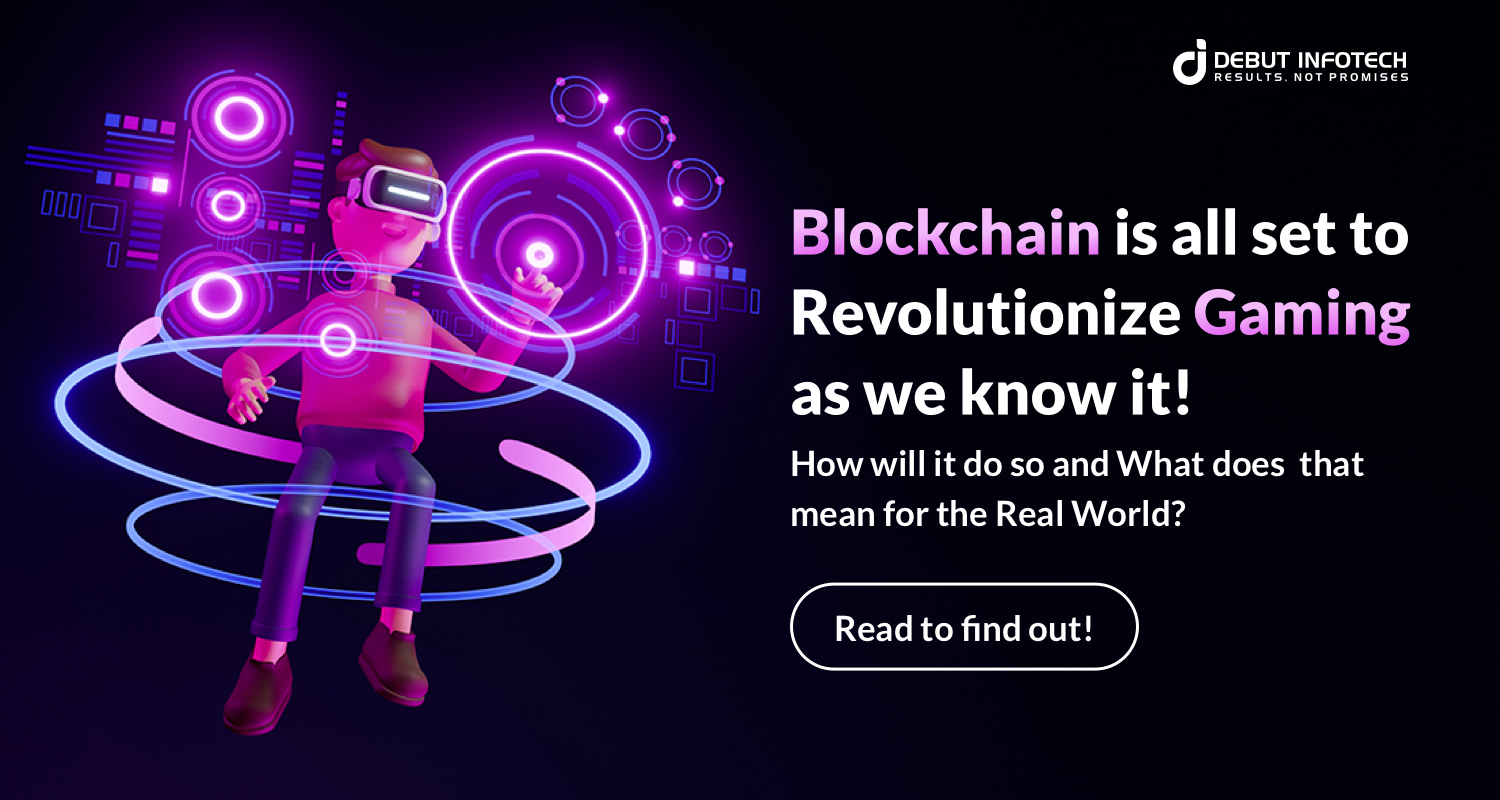Solar Innovations and Trends
Your source for the latest in solar technology and energy solutions.
Level Up with Trust: How Blockchain Verified Gaming is Changing Play Forever
Discover how blockchain verification is transforming gaming forever. Level up your play with trust and transparency in every move!
Understanding Blockchain Verification in Gaming: What You Need to Know
As the gaming industry continues to evolve, blockchain verification has emerged as a crucial element that enhances transparency and security. At its core, blockchain verification utilizes decentralized technology to confirm transactions and ownership of in-game assets. This means that players can have unwavering confidence in the authenticity of their digital items, ensuring that what they buy, trade, or earn in games is unequivocally theirs. Furthermore, it mitigates issues such as fraud and duplication, creating a more trustworthy gaming environment.
Moreover, understanding blockchain verification is essential for gamers who want to maximize their experience with decentralized applications. For instance, by integrating non-fungible tokens (NFTs) and smart contracts, developers can offer unique experiences, such as the ability to truly own game characters or items that can be sold or traded beyond the confines of the game. As blockchain technology becomes increasingly intertwined with gaming, recognizing its benefits and functionalities will be vital for players looking to navigate this new digital landscape effectively.

Counter-Strike is a popular first-person shooter game that has become a staple in the gaming community since its release. Players can engage in team-based gameplay, where they take on the roles of terrorists or counter-terrorists, working together to complete objectives. For those looking to enhance their gaming experience, utilizing a bc.game promo code can offer exciting benefits and rewards.
Top 5 Ways Blockchain is Revolutionizing the Gaming Industry
The gaming industry is undergoing a significant transformation, largely fueled by the integration of blockchain technology. Blockchain offers a decentralized environment that enhances transparency and security, enabling players to truly own their in-game assets. One of the top ways blockchain is revolutionizing gaming is through non-fungible tokens (NFTs). These digital assets allow gamers to buy, sell, and trade unique items across various platforms, providing real value and ownership that traditional gaming has often lacked.
Additionally, blockchain facilitates play-to-earn models, which empower players to earn real income through gameplay. This model incentivizes player engagement and creates a vibrant gaming ecosystem where participants can benefit financially. Furthermore, smart contracts streamline transactions and ensure that players receive fair royalties when their creations are used or sold. In conclusion, by offering new economic opportunities and enhancing player ownership, blockchain is set to redefine the future of the gaming industry.
Is Blockchain the Future of Fair Play? Key Questions Answered
The questions surrounding blockchain and its potential role in promoting fair play are becoming increasingly significant in various sectors, from gaming to supply chain management. At its core, blockchain technology offers decentralized verification of transactions, which can minimize fraud and enhance transparency. This raises key questions: Can blockchain truly level the playing field for all participants? Furthermore, will its integration into systems currently dominated by centralized authorities encourage a more equitable distribution of resources and opportunities?
Despite the promising advantages of blockchain, there are still concerns to address. For instance, how can we ensure that the technology is accessible to those who need it most, particularly in underserved communities? Additionally, with the rise of smart contracts—automated agreements that execute when certain conditions are met—what protections are in place to prevent abuse? These questions highlight the importance of ongoing discussions about the implications of blockchain technology for ensuring fair play in our evolving digital landscape.